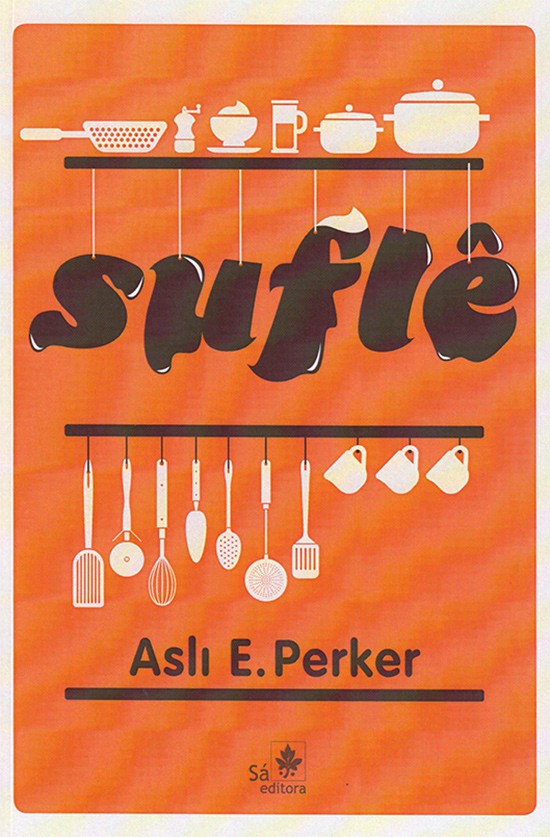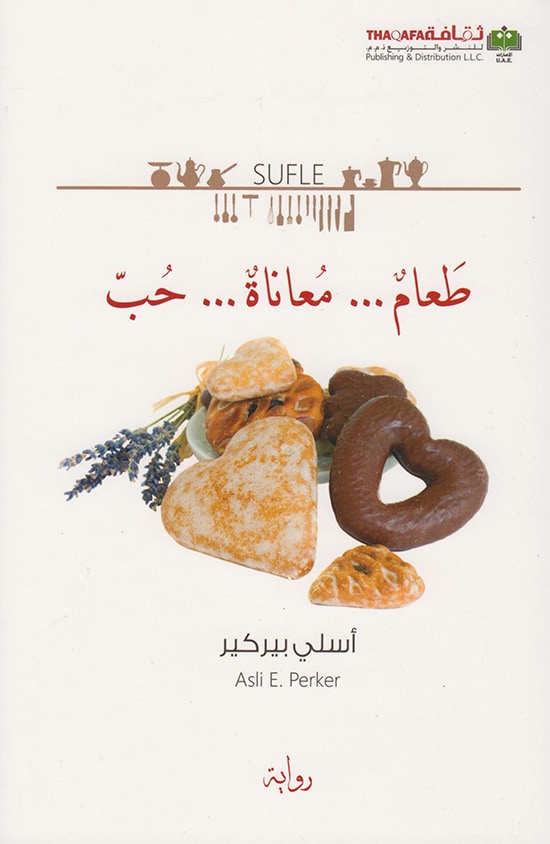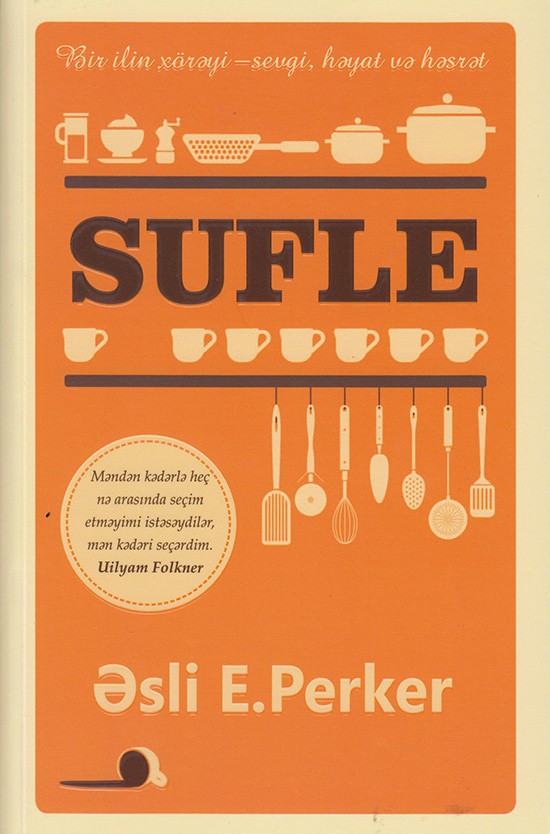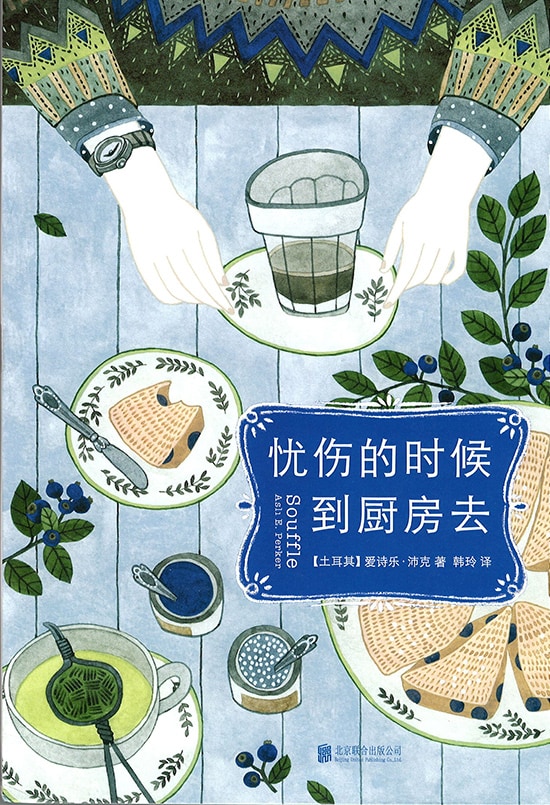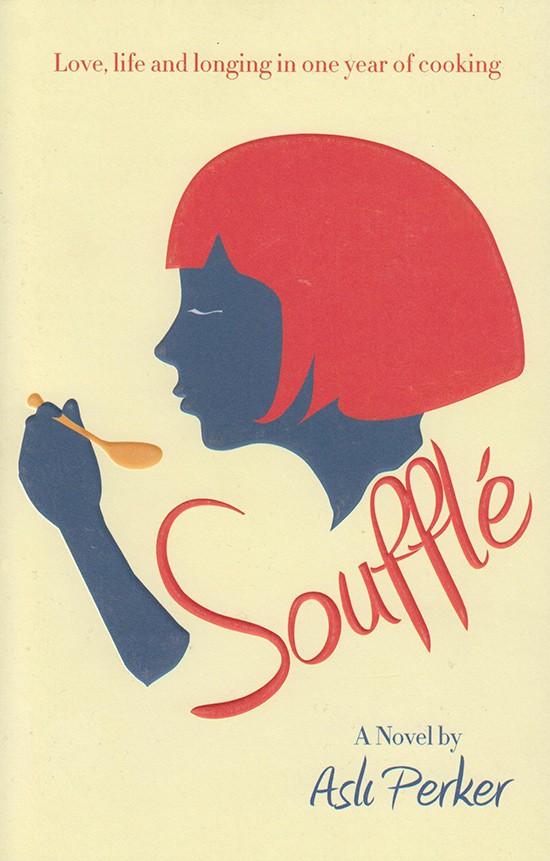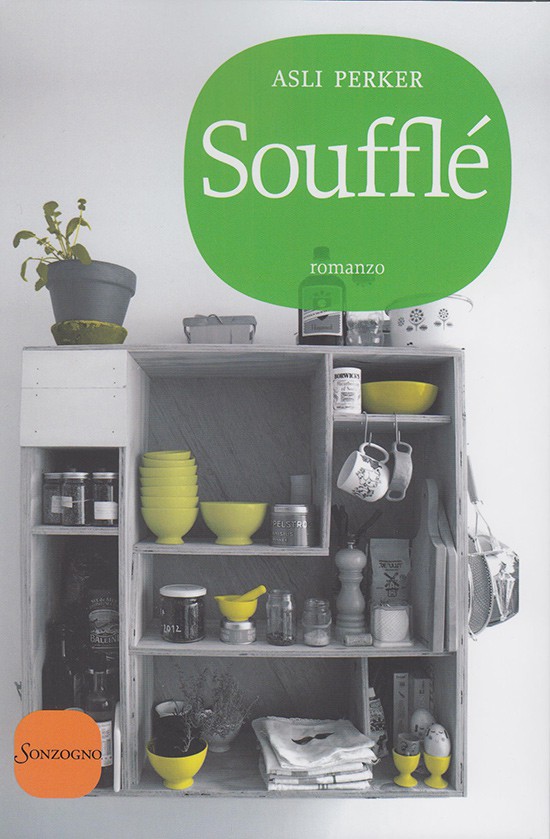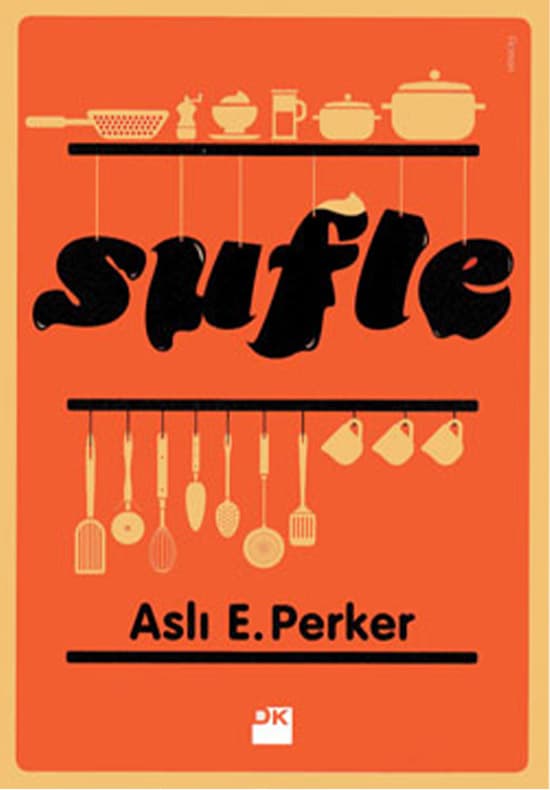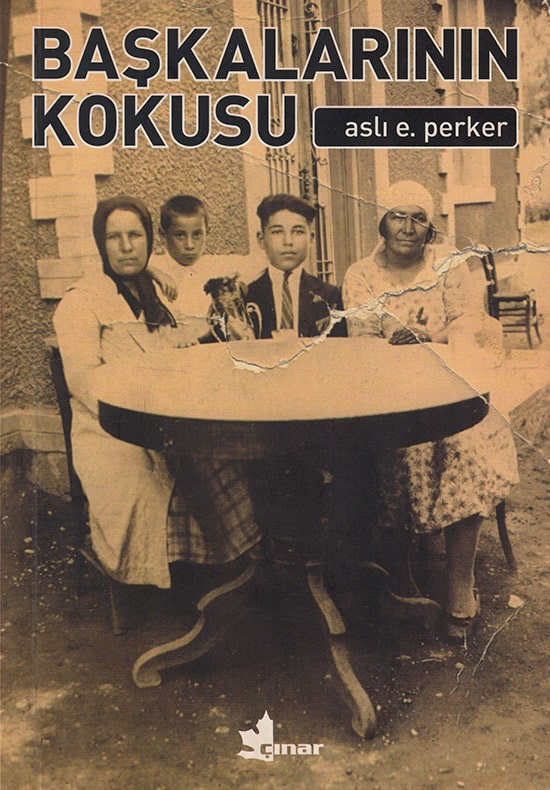“The retinning of the copper cups had had a big importance in their lives back in the day. She could still hear the voice of the local retinner who walked around in the streets pushing his cart. Her father’s mother used this word also to scold someone. She would say, “I really retinned Mrs. Leyla this time,” and then she would heartily tell at length how she did it. Even though Ferda loved this word, she had never used it in that sense once in her life. This made her think which words she was going to hand down to her only granddaughter? Which words would remind Naz of her grandmother years later? What was her cachet? She searched for them, but couldn’t find. Why wouldn’t she borrow retinning and pass it along to another generation? She placed the word just at a spot where it was needed. Naz was telling about a friend at school who pushed her.
‘You could have retinned her.’
‘What could I have done Grandma?’
‘Retin her. Meaning scold her.’
Naz put her tiny hands on the counter and started giggling. Ferda smiled pleased too. She had done it. She was sure that she had passed the word along.
‘You’re very funny Grandma. Is retinning kind of like retimming?
‘No honey, there is no word such retimming. There’s retiming, which means something completely different. Retinning can mean to reprimand. To… Censure angrily.’
‘For example, our teacher yelled at Sinan the other day. Uhm… Because…uhm… He didn’t know something… So, did she retin Sinan?’
‘Yes.’
‘For example, the other day mom retinned dad.’ ”

